Chinook
No products found which match your selection.
Shelter Dog Meal Donation Count:
No products found which match your selection.
Chinook is a versatile and family-friendly breed, embodying intelligence, athleticism, and a gentle temperament. They thrive in active environments where they can engage in regular physical activities and mental challenges. Perfect for those who appreciate a devoted and capable companion, the Chinook excels as both a working dog and a loving family member.
Chinooks are known for their versatility, good-natured temperament, and strong work ethic. Originally bred as sled dogs, they are also excellent family pets, known for their loyalty and affectionate nature.
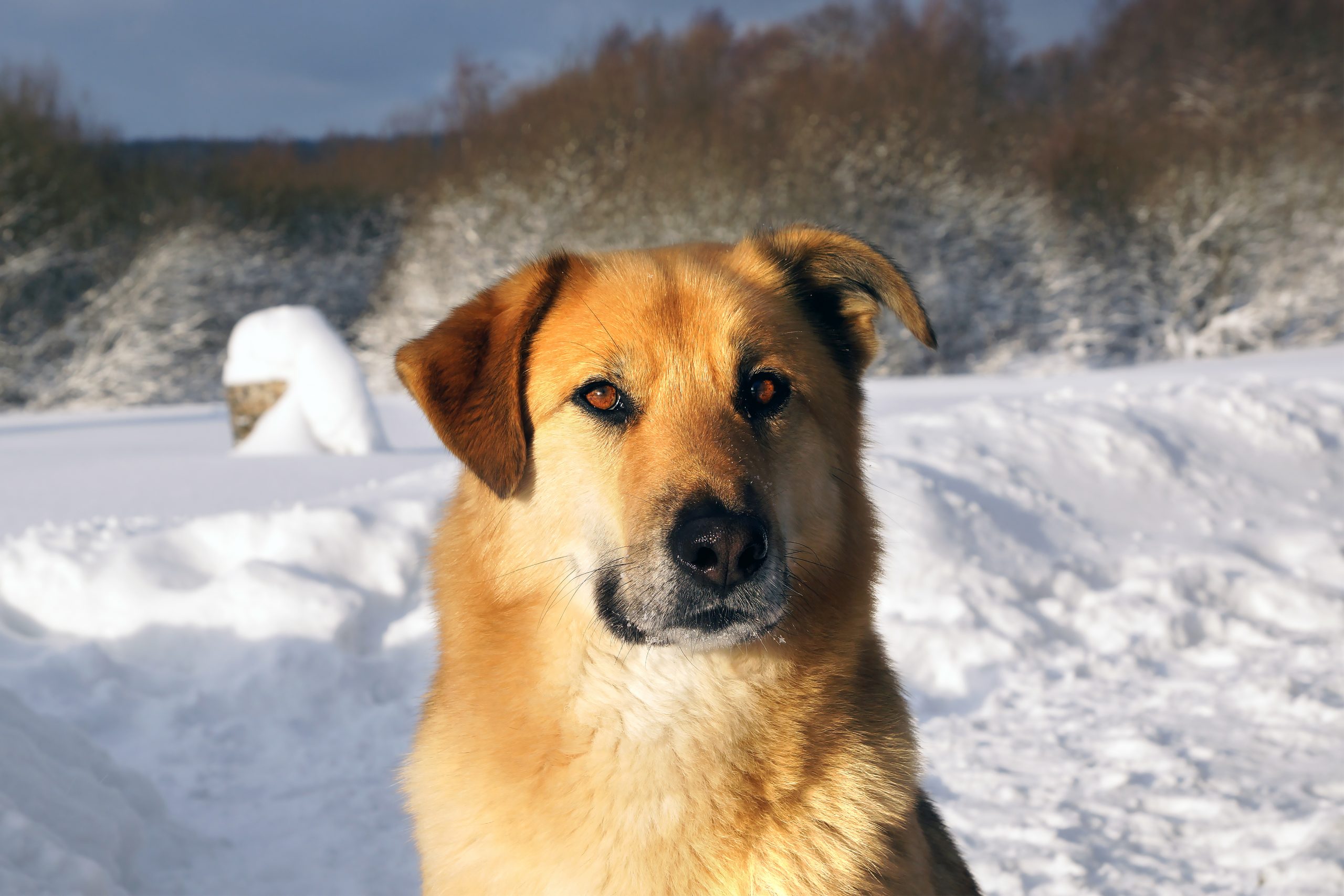
Arthur Treadwell Walden developed The Chinook breed in New Hampshire in the early 20th century. The breed’s name comes from the original progenitor, “Chinook,” who was part of Admiral Byrd’s first Antarctic expedition. The breed was designed to be an all-purpose sled dog.
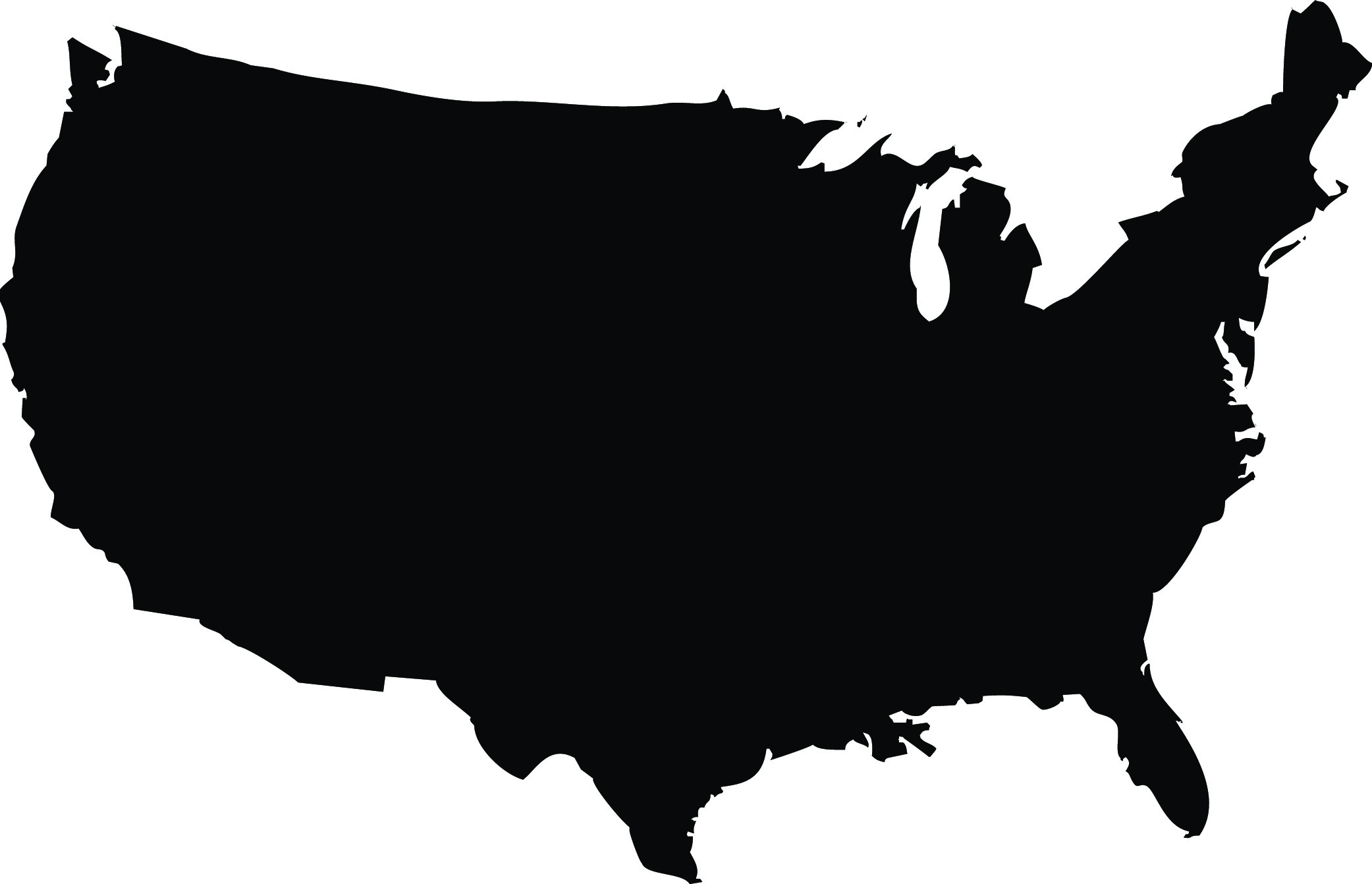
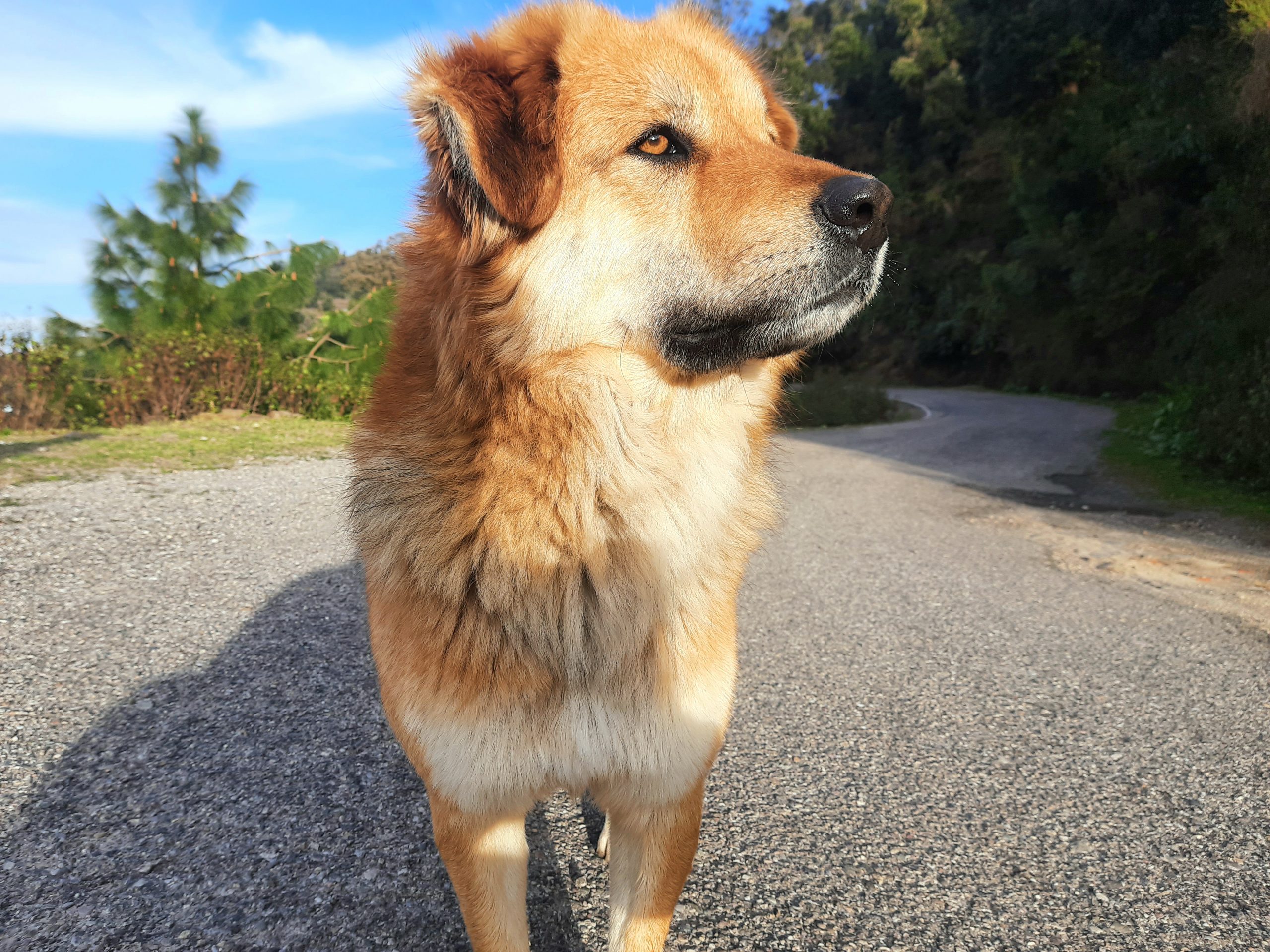
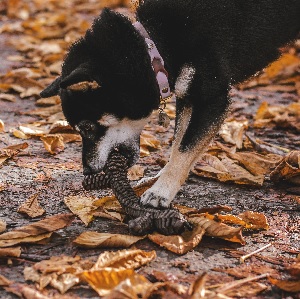
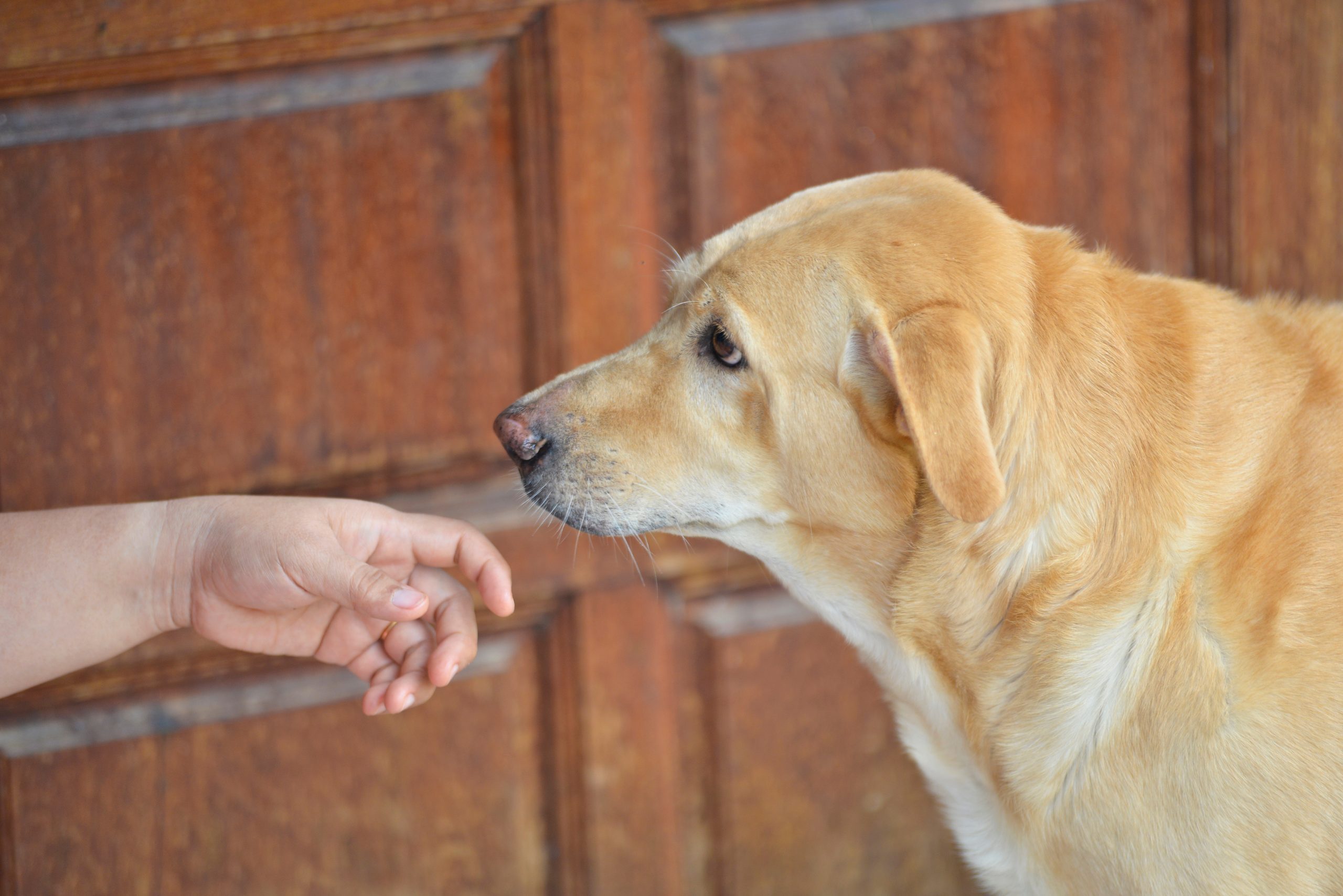
Prone to hip dysplasia, gastric torsion, and eye problems. Regular health screenings and veterinary check-ups are recommended.
Requires regular brushing to manage shedding. Occasional baths and attention to nails, ears, and dental hygiene are essential.
Needs regular, vigorous exercise. They enjoy outdoor activities, making them great companions for active families.
Intelligent and responsive to training. Benefits from early socialization and positive, consistent training methods.
A balanced diet is suitable for a large, active breed. Portion control and a regular feeding schedule are essential to prevent gastric issues.
Caring for a Chinook involves meeting their exercise needs, providing consistent training, and regular grooming. They thrive in environments where they can be active and engaged with their families. With proper care, including regular veterinary visits and appropriate nutrition, Chinooks make loyal and loving companions.
Chinooks, known for their strength and friendly disposition, are generally robust but have certain health predispositions. Awareness of these issues and conducting recommended tests can help maintain their health.
Understanding these common health issues and adhering to the recommended tests and preventive care guidelines can help ensure a long, healthy life for a Chinook. Collaboration with your veterinarian is critical to developing a health care plan tailored to your dog's needs.
The iHeartDogs Free Rx Discount Card Program is a pet prescription discount card that can help you save money on your furry friend’s medications. The card is free to sign up for, and you can use it at participating pharmacies nationwide. To use the free program, simply show the card to your pharmacist when you pick up your pet’s prescription. The pharmacist will then scan the card, and you will receive a discount on the price of the medication.LEARN MORE
Caring for a Chinook involves various expenses depending on your location, the dog’s age, health, and personal care choices. Here’s a breakdown of typical expenses:
Total Estimated Annual Cost:
$3200 - $7899
It's important to note that these figures are estimates and can vary. Also, the first year of owning a dog can be more expensive due to one-time costs like spaying/neutering, initial vaccinations, and training. Regular budgeting for your dog's needs and an emergency fund for unforeseen costs are essential for responsible pet ownership.